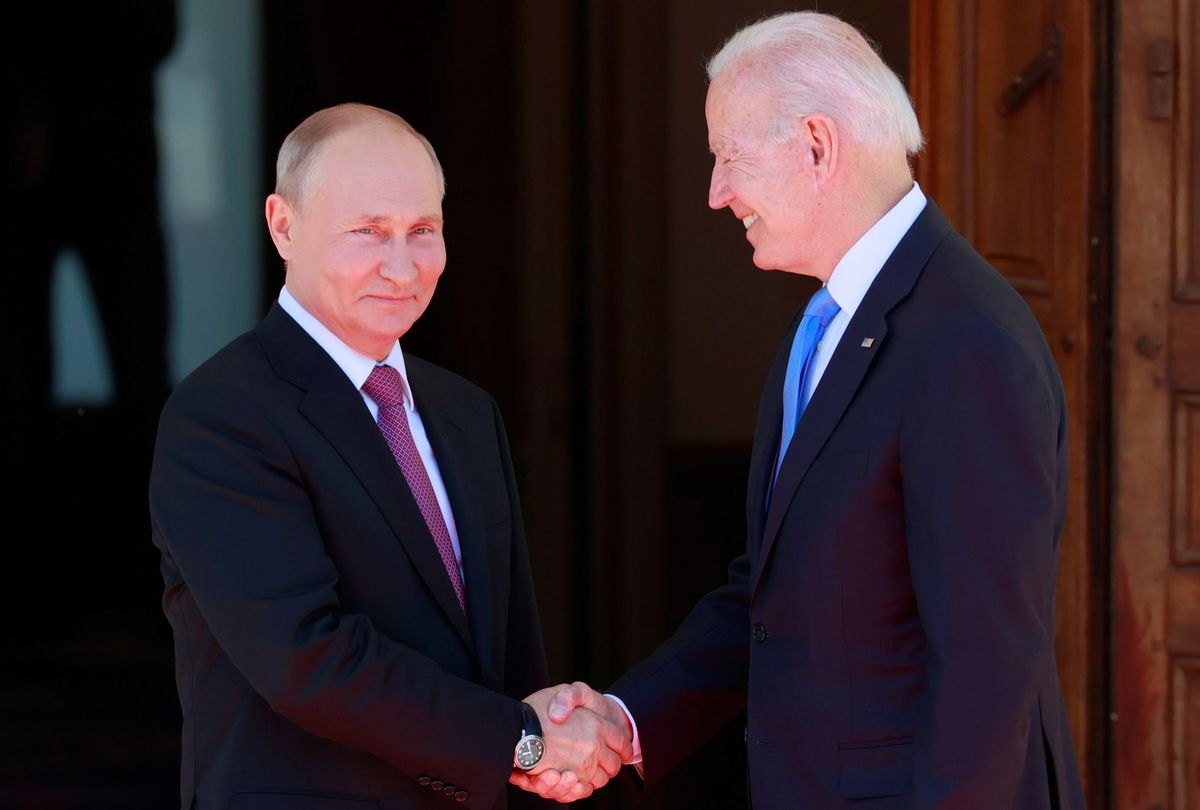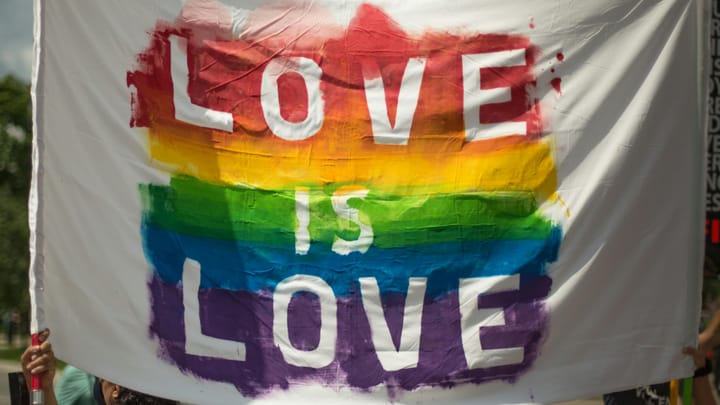What exactly did the Biden-Putin meeting achieve?

A few minutes every morning is all you need.
Stay up to date on the world's Headlines and Human Stories. It's fun, it's factual, it's fluff-free.
Biden has called Putin a “killer” and has vowed to take a tougher stance with Russia on issues related to human rights and cyber hacking.
- Last week, American President Joe Biden met with Russian President Vladimir Putin in Geneva, to discuss the current status of relations between the United States and Russia.
- The meeting was part of Biden’s eight day trip across Europe where he met with world leaders at the NATO (North Atlantic Treaty Organization) and G-7 summits.
- Relations between the US and Russia have been deteriorating ever since former President Donald Trump, who was seen as friendlier with Putin, left office earlier this year.
- Biden has called Putin a “killer” and has vowed to take a tougher stance with Russia on issues related to human rights and cyber hacking.
How did the meeting go?
- Many people thought that the meeting would be tense and awkward due to Biden and Putin’s disagreement on many issues, including the Russia-Ukraine conflict, Russian interference in foreign elections and the poisoning and imprisonment of political opponent Alexei Navalny.
- However, according to a press release from The White House, Biden stated that he believed the meeting went well and that progress was made.
- “The bottom line is, I told President Putin that we need to have some basic rules of the road that we can all abide by,” Biden said. “I also said there are areas where there’s a mutual interest for us to cooperate, for our people — Russian and American people — but also for the benefit of the world and the security of the world.”
- Putin also had a similar take-away, saying that Biden is “a balanced and professional man, and it’s clear that he’s very experienced.”
What was discussed at the meeting?
- In same press release from The White House, Biden said that during the meeting he made clear to Putin that his agenda “is not against Russia or anyone else; it’s for the American people: fighting COVID-19; rebuilding our economy; reestablishing our relationships around the world with our allies and friends; and protecting our people.”
- Biden also said that he would continue to call out Russia when he believes they are committing human rights abuses, because he said “that’s who we are,” referring to the US being a supposed beacon of human rights.
- He also discussed accusations of Russia’s meddling in foreign elections, saying “he knows there are consequences” and “he knows I will take action,” referring to Putin.
- Biden also said that he planned to follow through on making sure that detained US Marines Trevor Reed and Paul Whelan are safely returned to their families in the US.
- After the meeting, Biden was asked if he trusts Putin, to which he said, “this is not about trust. This is about self-interest and verification of self-interest. That’s what it’s about,” summarizing the meeting as productive and positive, but also keeping the hard-line stances he previously had on Putin and the Russian government.
Did the meeting affect US-Russia Relations?
- Not really. Biden had hoped that the meeting would ease tensions between the two superpowers, which were at a high point leading up to Biden’s trip to Europe, and reiterate where the US stood on its disagreements with Russia.
- Biden also stated that “there were no threats” during the meeting and “just simple assertions made” to Putin, and that he was “just letting him know where I stood, what I thought we could accomplish together.”
- Although US-Russia relations have been deteriorating since Trump left office, both Biden and Putin have said they don’t want a conflict between their countries and pledged to help one another in promoting global stability and fighting terrorism.
- Relations between the US and Russia have a major impact around the globe as the two are engaged in many proxy conflicts with one another in Europe, the Middle East and East Asia
- This means that a stable relationship between the two is crucial in preventing future global conflict.
How did European leaders respond?
- The European Union and Russia have had a tense relationship since Russia annexed Crimea in 2014. This is what also led Russian to get kicked out from the G-7 (originally the G-8).
- In February of this year, things grew particularly sour between the EU and Russia after Josep Borrell, the EU’s foreign affairs chief, traveled to Russia where the Russian Foreign Affairs Minister Sergey Lavrov called the EU an “unreliable partner.”
- During the G-7 summit, EU leaders said they would wait until Russia meets certain requirements before agreeing to resume talks, one of the key requirements being to fully implement the Minsk agreements. This agreement was put together in 2015 by France, Germany, Ukraine and Russia to decrease the amount of violence in eastern parts of Ukraine. But, according to NATO, Russian activity there has actually increased.
- The reason there is such a division is because Russia is still the EU’s largest natural gas provider and is also involved in a key number of issues that affect the EU, such as the Iran nuclear deal.
- Many EU countries also have economic interests in the country, with Germany developing a pipeline project that runs from Russia to Germany through the Baltic Sea.
Have a tip or story? Get in touch with our reporters at tips@themilsource.com




Comments ()